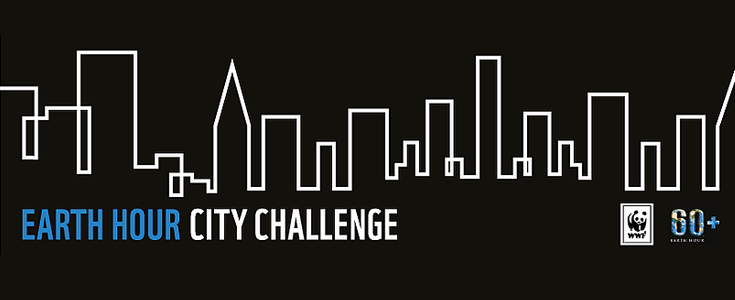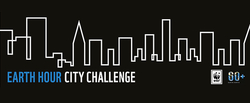Three Indian cities selected as finalists for WWF global city challenge

Rajkot, Pune and Coimbatore are in the final run-up to become the global capitals under World Wildlife Fund’s Earth Hour City Challenge (EHCC) 2015-16. One out of these is bound to be named as India’s National Earth Hour Capital 2016.
Launched in 2011, EHCC inspires and supports cities to become solution hotspots for building sustainable cities. This challenge aims to mobilize action and support from cities in the global transition towards a climate friendly future. India became a part of EHCC in 2012 and was the first developing country to join this initiative. Delhi, Coimbatore and Thane have been the National Earth Hour Capital titles in the last three years.
WWF, in partnership with ICLEI – Local Governments for Sustainability, mobilizes cities and helps them report their actions through carbonn Climate Registry (cCR). An expert jury appoints one city from each country as the National Earth Hour Capital, which will then be in the run-up to receive the Global Earth Hour Capital Award. Seoul, South Korea was declared as the Global Earth Hour Capital in 2015.The finalist cities will also be participating in an associated public campaign called “We Love Cities” where people can vote for their favourite cities.
45 cities from 21 countries have made it as EHCC 2016 finalists, of which Coimbatore, Pune and Rajkot are among the three Indian finalists. While Pune has been successfully integrating green practices in its sustainable initiatives, Rajkot’s ambitious low-carbon targets for 2016 and high-level strategies to drive sustainability through the SMART Society Scheme, Solar City Programme and Asia Pro-Eco Programme and developing energy-efficient street lighting have put the city a step ahead in its sustainability pursuits. Coimbatore, on the other hand, is driving its sustainability agenda with a steadfast renewables strategy.




